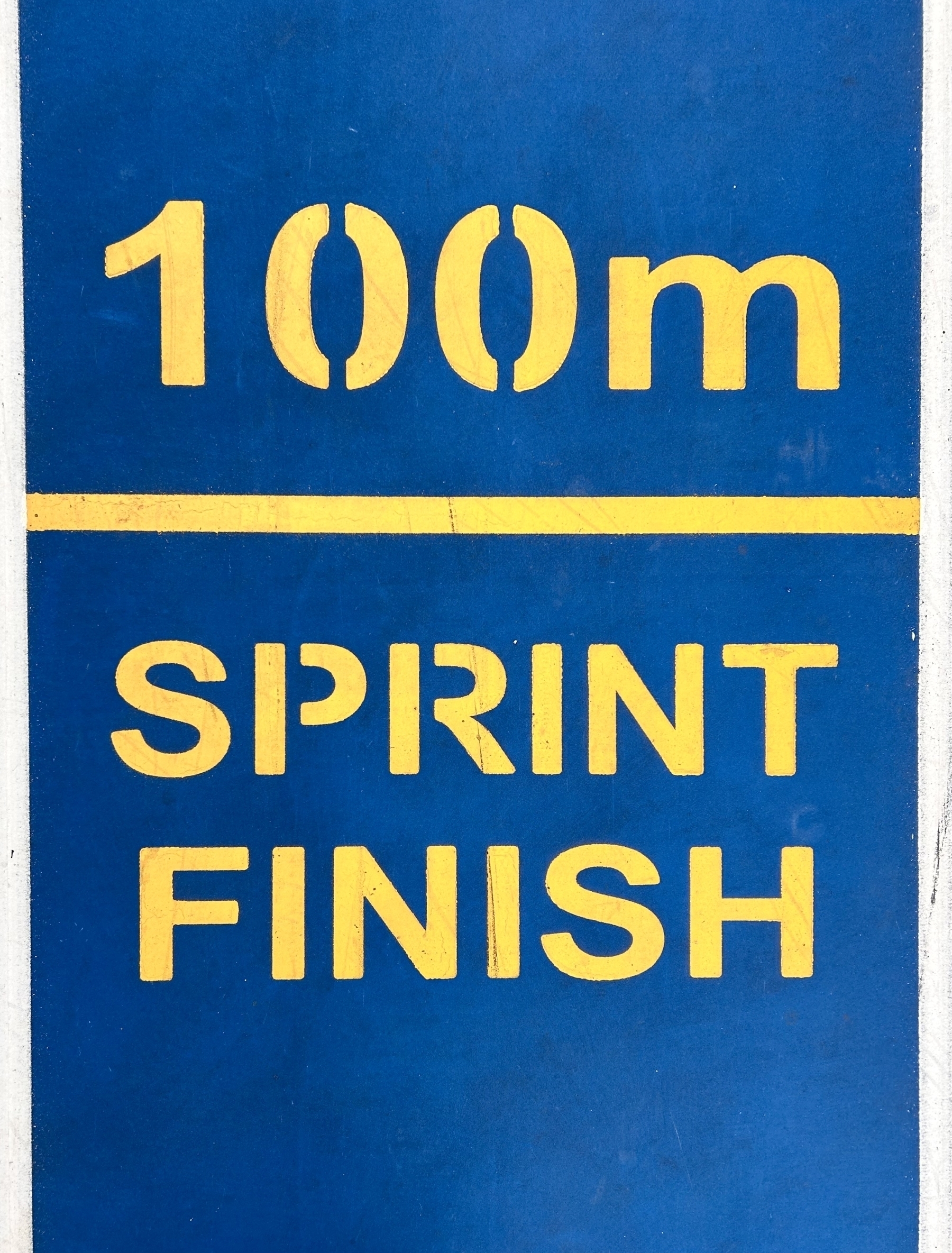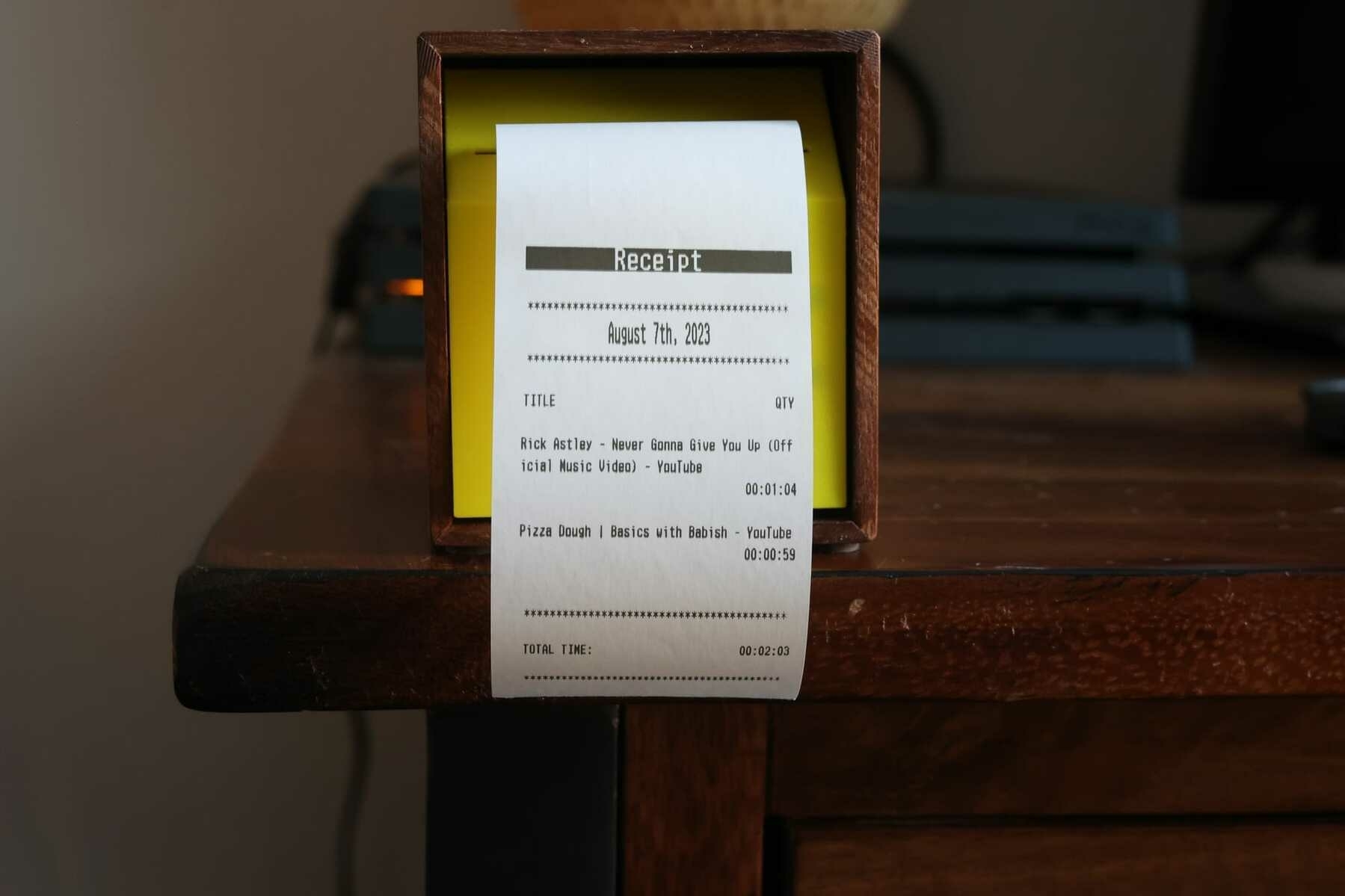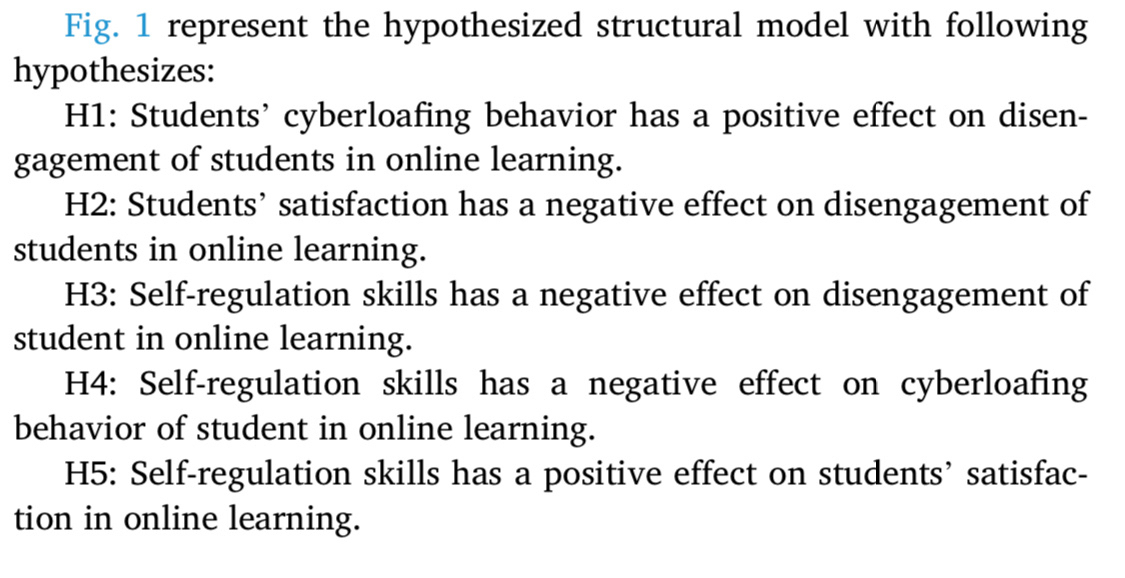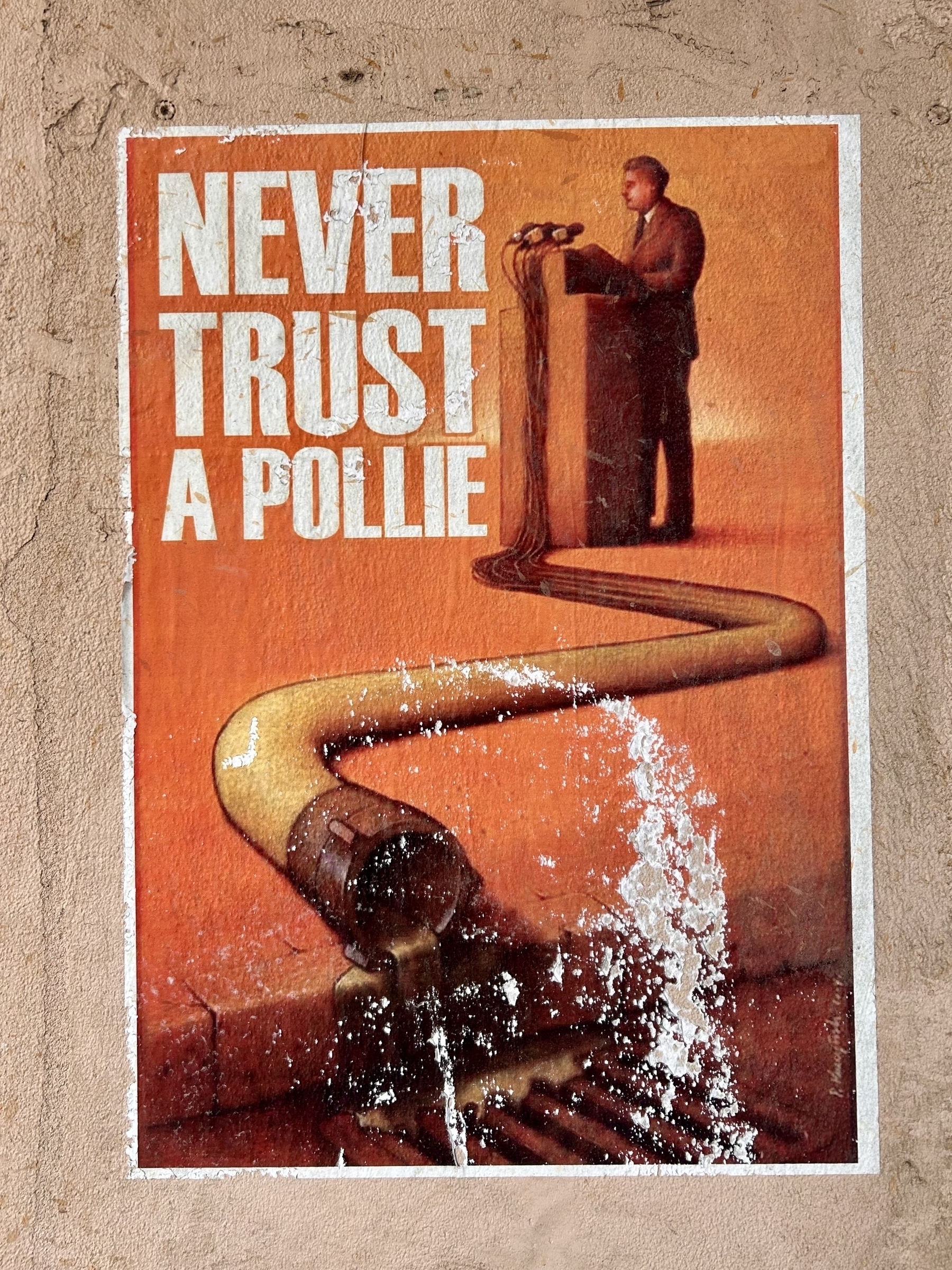It’s important to understand that the Congo Free State was solely owned by Leopold II rather than the Belgian government. This was a decisive factor that enabled the atrocities committed in his quest for personal wealth.
Unrelated, Tesla shareholders have approved Musk’s $56 billion pay package.
Anachronism of a Salesman

Anthony Lapaglia and Josh Helman in Death of a Salesman
I saw the Sydney production of Death of a Salesman with Anthony Lapaglia in it. It was an interesting production. It suffered from being too faithful to the play as originally imagined, with uncreative staging. The costumes were faithful to the ’30s and ’40s, and the set was surprisingly static, with limited use of projection or dynamic elements.
The performances were great throughout, though. Alison Whyte fully inhabits the character of Linda, Josh Helman does a great job as Biff, and Anthony Phelan (one of the best vocal talents in Australian acting) brings a ghostly gravitas to the role of Willy’s brother Ben.
The play’s themes about escaping grinding precarity, forging a better life, and avoiding parental disappointment seem more relevant now than at any time since Miller wrote it. But the costuming and staging make it unlikely that the audience would recognise any of that in the play.
This is a pity. By failing to update the production design, the markers of racism and precarity are entirely invisible to a 21st-century audience. In 1949, the playwright David Mamet described Death of a Salesman as:
“the greatest American play, arguably, is the story of a Jew told by a Jew and cast in “universal” terms. Willy Loman is a Jew in a Jewish industry. But he is never identified as such. His story is never avowed as a Jewish story, and so a great contribution to Jewish American history is lost. It’s lost to culture as a whole, and, more importantly, it’s lost to the Jews, its rightful owners.”
Though this may have flown over the heads of most of the clueless 1940s U.S. audiences, some might have recognised themselves in Willy and Biff Loman. None would in this production.
Racism, classism, and precarity are still experienced by workers everywhere. By the security guards we pass every day. By the workers who take care of our old people and children. By the warehouse pickers and delivery drivers who bring us our purchases. By most of us.
Death of a Salesman still has important points to make about the meaninglessness of superficial charm and chasing material gain at all costs. By staging it as a historical piece, this production obscures its most powerful messages.
This post first appeared on Ben Harris-Roxas' blog at benhr.xyz

Kevin Kline playing Willy Loman in Soapdish (1991)
Liquid3, an “urban photo-bioreactor” that a Serbian startup has developed to replace trees.
I, for one, welcome our new green slime overlords.

On "blood quantum", indigenous identity, and federally recognised tribes in the U.S.A.
Defined as the degree of “Indian blood” one must prove to their tribe in order to be considered a member of a tribe, this measure was historically (and still remains) crafted by colonial powers to regulate and ultimately reduce the populations of Native American Nations. Today, blood quantum is the most widely used way to record “membership,” affecting not just personal identity but also political and social rights.
I’ll Show You My Indian If You Show Me Yours esquire.com
Archiving...
“Playing with conventions, literary or social, taking them apart and exposing them as scaffolding that hides rather than reveals truths can be threatening to those who think they know exactly how the world is supposed to turn. The Trilogy repositions the reader. It forces her to see the world differently. That’s the magic.”
Remembering Paul Auster lithub.com
Reader: lithub.com
Instagram is testing “ad breaks” that force you to stop and look at an ad for a period of time before you can continue scrolling. The internet’s transformation into a pay to play game continues apace.
At the turn of the 21st century, corrugated cardboard accounted for just fifteen percent of the U.S. recycling stream. Today, it’s nearly half.
World in a Box: Cardboard Media and the Geographic Imagination placesjournal.org
Archiving...
Image credit Title: Piles of recycling waiting to be sorted Creator: World Resources Institute Date: 2019 Type: Colour digital photo Rights: Creative Commons CC BY-NC-SA 2.0
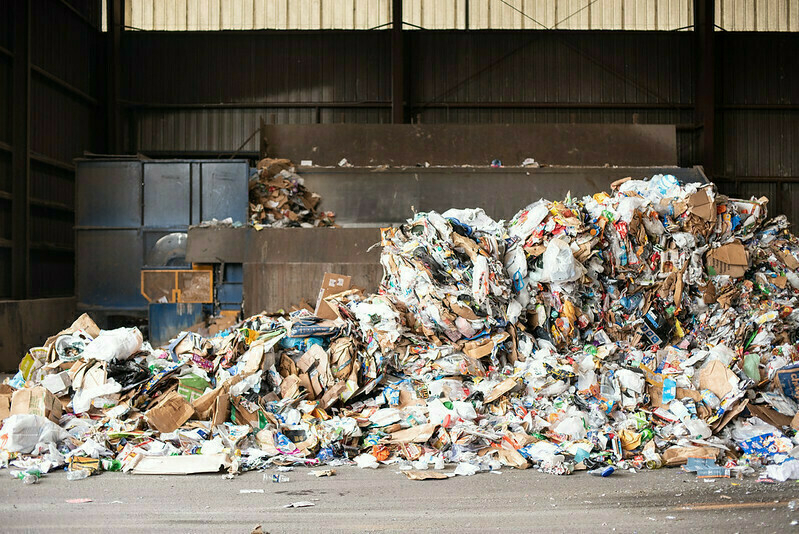
Utopian Realism, a speech by Bruce Sterling
This is a great read, especially for anyone who’s spent time in Turin
A basic Turinese problem here is that Torino is progressive, but a heritage tourist industry, which is very attractive to tourists, has no avant-garde. Their stifling interest in your past holds you back. You can’t do “futuristic heritage industry.” Why? Because you can’t move forward into the past.
Utopian Realism, a speech by Bruce Sterling bruces.medium.com
Reader: bruces.medium.com
Image credit Title: Turin Creator: Ben Harris-Roxas Date: 20 April 2017 Type: Colour digital photo Rights: Creative Commons BY-NC-ND 2.0


